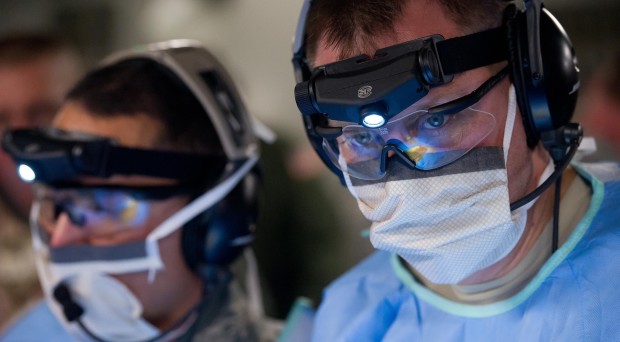
As a researcher working on the evolutionary biology of mosquito / parasite interactions I became interested by the control of vector-borne diseases and especially by the potential use of innovative biotechnological approaches.
This is a typical area where a multidisciplinary approach can help us understand the complexity, the risks and the uncertainties associated with new potentially controversial approaches, such as the use of transgenic insects to control (or eradicate) dengue or malaria.
With several colleagues working in social sciences and in biology we investigated the perception and awareness of scientists working on vector-borne diseases.
One of the most striking results of our survey is the low level of awareness of the key developments of technologies relying on the manipulation of mosquitoes, including their releases into human communities.
One assumes that this would then ensure the broad and wide distribution of such findings.
Even more surprising was the lack of knowledge of scientists from endemic countries because they are missing from the private networks where the communication on the development of those technologies occurs.
Our study calls for an extension of the existing communication sources, including the informal ones, to fully-include scientists in disease-endemic countries where innovative approaches are most likely to be used.
Scientific collaborations and exchanges in a real two-way dialogue could indeed be highly valuable and fruitful way to communicate and discuss scientific innovations along their development process.
Controversial issues and biotechnological development in research often lead to important press coverage. One assumes that this would then ensure the broad and wide distribution of such findings. Unfortunately, this is not the case, as seen in our paper.
Maybe, the institutions that are associated with the highest level of trust, and notably the World Health Organization, could take the lead to collect and dispatch information to scientists especially when innovative (and potentially controversial) methods are to be developed to improve public health standards.
Another option is to get independent citizen associations to participate in the evaluation of research proposals that could also act as a go-between between scientists and the general public. This would reinforce the democratic legitimacy of such research.
Open access can obviously favor the circulation of information and helps share knowledge across scientific fields
On a positive side, our survey reveals a strong consensus for new creative methods favoring the implication of the publics in science. What is also essential in this piece of work is the reminder that researchers are also part of the public.
Having said that, a simple binary division between science and the lay knowledge is wrong and scientists are clearly inside the society they live in and not outside of it.
Open access can obviously favor the circulation of information and helps share knowledge across scientific fields but a potential obstacle is the cost. For small-scale studies supported by the one doing the research work, money has to be spent cautiously on research activities first, and then they can see if they can publish via open access.
Comments